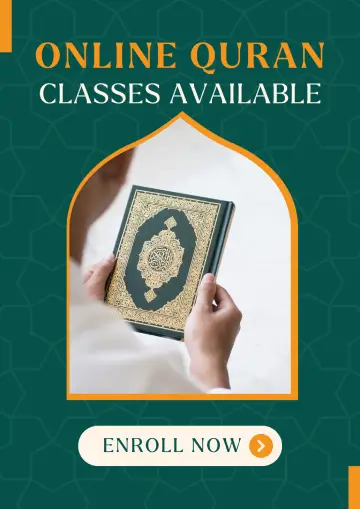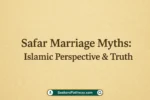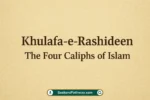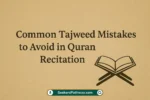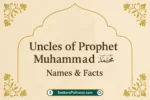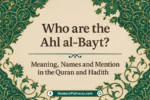Life in a non-Muslim country itself puts Muslims in very different challenging situations to be able to follow halal (permitted) choices of lifestyle. From the Qur’an and Hadith, Islamic teachings are wide, guiding how Muslims could keep their religious way of life whatever the circumstances.
Understanding Halal and Haram
In Islam, actions and consumables are categorized as either being ‘halal’ permissible or ‘haram’ forbidden. The Qur’an states:
“He has only forbidden to you dead animals, and blood, and the flesh of swine, and that which has been dedicated to other than Allah…”
That is, the verse should have emphasized the consumption of what is lawful and pure, right from food to everything in life.

1. Halal Dietary Choices
Much extra caution is required in keeping a halal diet when one is living in a non-Muslim country, especially on the question of permissible food and the right way of slaughter. The term dhabihah itself is an Arabic term that refers to the Islamic method of slaughtering animals by invoking the name of Allah for the same.
When the meat is not halal, then the scholars have allowed the eating of the meat of the People of the Book-Jews and Christians on certain conditions. The Qur’an says:
“Today all good foods are made lawful for you, and the food of those who were given the Scripture is lawful for you…”
However, caution should be taken to avoid forbidden meat substances in it or slaughtering it improperly.
2. Interactions and Social Behavior
Islam allows Muslims to interact with non-Muslims in a manner that is just and decent. The Qur’an says:
“Allah does not forbid you from those who do not fight because of religion and do not expel you from your homes – from being righteous toward them and acting justly toward them.”
This guidance promotes peaceful coexistence and mutual respect, hence enabling Muslims to interactively coexist with diverse communities.
3. Navigating Non-Halal Environments
In environments where haram activities or substances are prevalent, Muslims are advised to avoid participation and seek permissible alternatives. The Prophet Muhammad (peace be upon him) said:
“Leave that which makes you doubt for that which does not make you doubt…”
This Hadith highlights how a person has to choose between matters that are deemed certain about being halal and those matters that are deemed doubtful.
4. Access to Halal Products: Challenges
This has always remained a big problem in accessing halal products in non-Muslim majority countries since availability and knowledge are usually limited. Further, misconceptions by non-Muslims about the concept of Halal certification make these options scarcer, as well as a political tension that also keeps these options at a minimum.
5. Fiqh al-Aqalliyyat (Jurisprudence of Minorities)
Fiqh al-Aqalliyyat is a concept dealing with the peculiar conditions of Muslim minorities in non-Muslim societies. It gives flexible legal decisions that help Muslims maintain their religious duties while integrating positively into their host societies. This approach insists on preserving Islamic identity without isolation and encourages constructive interaction with the greater society.
Conclusion
While living in a non-Muslim country itself is challenging to make halal choices, Islamic teachings are sure to provide guidelines on how a Muslim can deal with situations. If the teachings and principles from the Qur’an and Hadith are followed using modern jurisprudential tools such as Fiqh al-Aqalliyyat Muslims will keep their religious duty and live their life as best as possible according to the will of Allah, be it wherever they are situated.


